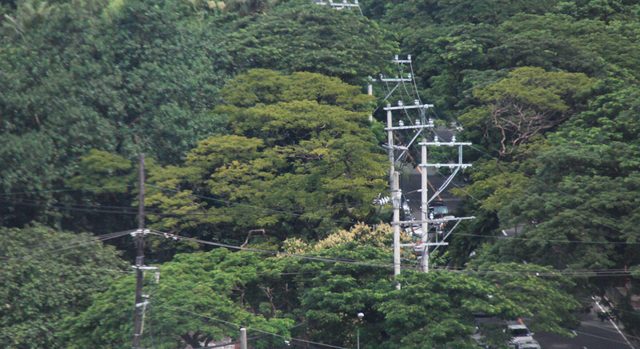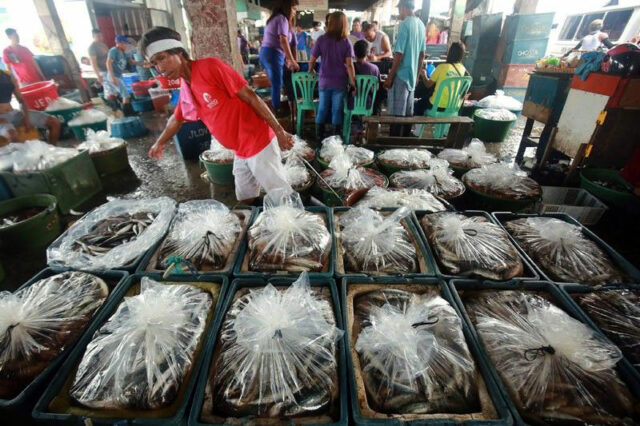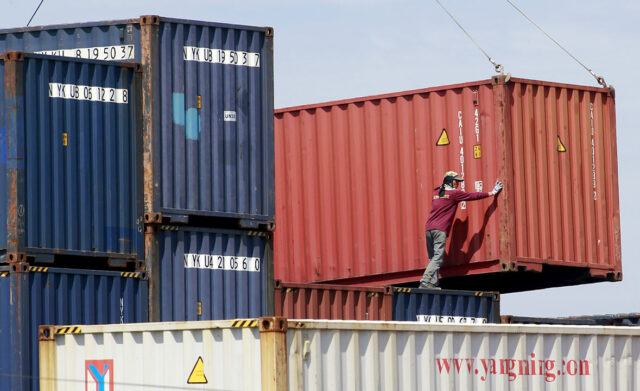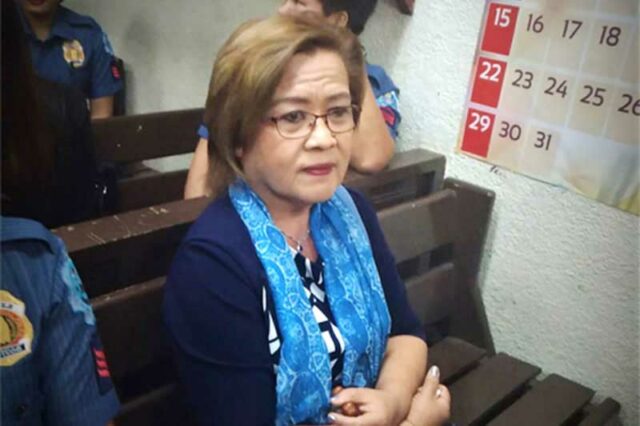On Nov. 8, the Philippines confirmed its commitment to protect the tax base from aggressive tax avoidance schemes, and promote international tax cooperation, by joining the Organisation for Economic Cooperation and Development/G20 Inclusive Framework on Base Erosion and Profit Shifting (BEPS). The mandate of the Framework is to effectively implement the BEPS Project, which is a coordinated response to the aggressive tax planning employed by multinational enterprises that leads to erosion of the tax base or shifting of profits from higher-tax to lower/no-tax locations.
Early this year, the Commissioner of Internal Revenue (CIR) estimated that the government was missing out on billions of pesos in foregone revenue from international transactions. To address this issue, the CIR announced that the Bureau of Internal Revenue (BIR) is looking to create a separate unit that will focus on international tax collection, and look into the issue of transfer pricing (TP) and BEPS.
Since the release of Revenue Audit Memorandum Order (RAMO) No. 1-2019 or the Philippine TP Audit Guidelines, the BIR has been steadily laying the groundwork to strengthen its TP initiatives. One of the key policies implemented by the BIR was the requirement for qualified entities to submit BIR Form No. 1709 or the Information Return on Transactions with Related Party (RPT Form), which allows the BIR to conduct initial TP risk assessments, identify high-risk taxpayers, and determine whether or not to conduct a thorough TP review or audit of a particular entity or transaction.
That said, while an RPT Form may put certain taxpayers at higher risk for a TP audit, those who do not file RPT Forms are not immune. Since a TP audit is part of the general tax audit, it must be emphasized that TP audits may be initiated as long as there are related party transactions (RPT) involved, whether or not a taxpayer has filed or is required to file an RPT Form.
When subject to a TP audit, taxpayers must be able to present sufficient proof that its RPTs were conducted at arm’s length terms (i.e., made under comparable conditions and circumstances as a transaction with an independent party), and were not undertaken to evade taxes or to inaccurately reflect income. Failure to do so may allow the BIR to make adjustments to the reported income/expenses of the concerned taxpayer, resulting in additional tax liabilities and administrative penalties, which can easily amount to millions or even billions of pesos.
Preparation, therefore, is crucial for entities who engage or intend to engage in RPTs regardless if required to prepare an RPT Form or not, in order to minimize potential tax liabilities from TP audits.
To enhance TP audit preparedness, taxpayers may consider adopting a two-pronged strategy: (1) Ensure proper application of the arm’s length principle; and (2) maintain adequate documentation demonstrating such proper application.
ENSURE PROPER APPLICATION OF THE ARM’S LENGTH PRINCIPLE
Ideally, prior to entering into a related party transaction, taxpayers should understand and take into consideration the concepts of comparability analysis, tested party and transfer pricing methods, and the arm’s length price/results.
At this stage, taxpayers should also define the objectives and rationale for the transaction, the role and characterization of each party to the transaction, determine the availability and quality of comparable information, and select the most appropriate TP method to compute the arm’s length price or set the TP policy, among others.
If these analyses cannot be made prior to concluding an RPT, testing the compliance to the arm’s length principle post-transaction would be an advisable alternative, as this would assist taxpayers in determining whether adjustments to the adopted TP policy are necessary.
MAINTAINING ADEQUATE ARM’S LENGTH DOCUMENTATION
The burden of proof for demonstrating compliance with the tax rules and payment of the correct tax obligations during a TP audit rests with the taxpayer. Thus, failure to keep adequate documentation of RPTs will not only be detrimental for compliance purposes, but will also make defending TP arrangements difficult in case of a TP audit.
The following are some of the documents expected to be maintained by taxpayers, in accordance with existing TP regulations:
1. RPT Form or BIR Form No. 1709, if applicable
2. Transfer Pricing Documentation, if applicable
3. Certified true copy of the relevant contracts and/or proof of transaction/s
4. Withholding tax returns and the corresponding proof of payment of taxes withheld and remitted to the BIR
5. Proof of payment of foreign taxes or ruling duly issued by the foreign tax authority where the other party is a resident
6. Certified true copy of Advance Pricing Agreement, if any
7. RAMO No. 1-2019 Annexes (i.e., Related Party Transaction, Segmented FS, Supply Chain Management Analysis, Functions, Assets, and Risks Analysis, Characteristics of Business, Comparability Analysis)
8. Audited Financial Statements with related disclosure on whether or not the entity is required to file an RPT Form and prepare TP Documentation
9. Other documents that may provide data for assessing RPTs, such as global/group pricing policy document, organizational/group structure, tax treaty relief applications/rulings or request for confirmation with the BIR, and annual ITR.
If deemed necessary, additional documents may also be requested by the tax examiners during a TP audit. This is especially true for high-risk RPTs such as business restructuring, provision of intra-group services, transactions involving intangible assets and interest payments, and cost contribution arrangements.
Other factors, such as potential applicability of a tax treaty, transactions with entities located in countries or economic zones with low or zero tax rates, having lower net operating profit compared to companies in the same industry, and recording losses over several years, among others, may also trigger a more thorough review of a taxpayer’s RPT.
With the Philippines joining the Inclusive Framework on BEPS and assuming the Chairmanship of the Intergovernmental Group of Twenty-Four (G24) this year, it is only a matter of time before TP issues become a common finding during regular tax audits. For the BIR, this may mean creation of additional sources of revenue, while for taxpayers, this may signal a call for the adoption of a more robust TP practice that can withstand the scrutiny of an audit. As the old saying goes, “the best preparation for tomorrow is doing your best today.”
The views or opinions expressed in this article are solely those of the author and do not necessarily represent those of Isla Lipana & Co. The content is for general information purposes only, and should not be used as a substitute for specific advice.
Emmanuel Jime Fernandez is an assistant manager at the Tax Services department of Isla Lipana & Co., the Philippine member firm of PricewaterhouseCoopers global network.
emmanuel.jime.fernandez@pwc.com












